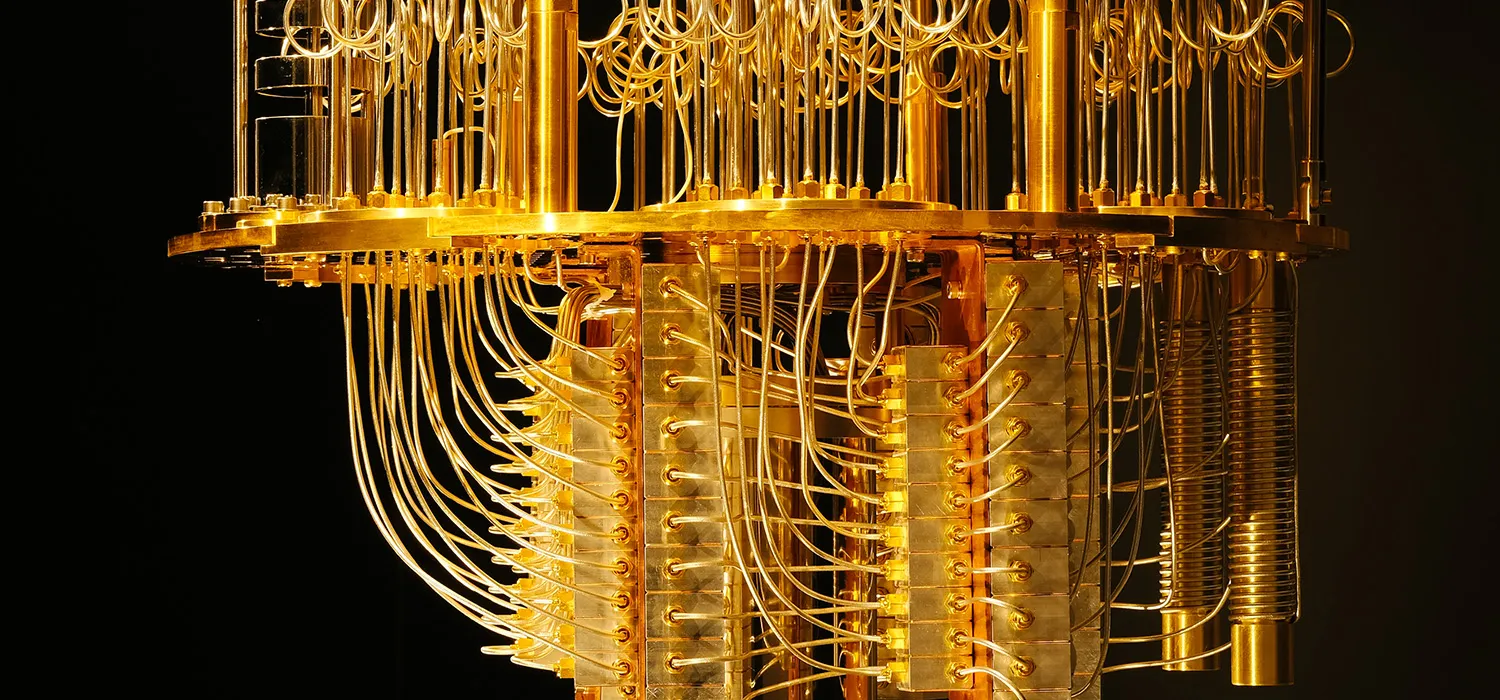Quantum Software
Using Quantum Computing to
Explore the Future of
Elementary Particle Physics

Overview
There are problems that quantum computers are known to be able to solve far faster than classical computers. While classical computers process data in the form of ones and zeroes, or "bits," quantum computers do not use just ones and zeroes, but also "qubits," which are neither ones nor zeroes. In principle, a string of 50 qubits could simultaneously express one quadrillion states. These tremendous descriptive capabilities are possible due to the wave nature of microscopic quanta. The particle experiments ICEPP performs use these subatomic elementary particles, so we thought that quantum computers would be well-suited to calculating the complex behavior of these elementary particles. Modern quantum computers face many difficulties in solving practical problems, but quantum computers have now been made with over 400 qubits, and it has become imperative that preparations be made for the coming future.
The Quantum Software Group primarily engages in research in three areas. The first is "Quantum AI Research." AI is used to refer to various things, but in elementary particle experiments, it is almost always used to refer to machine learning. The massive data output from accelerators must be separated into signals (phenomena that include unknown particles) and background (phenomena that are already known). This must be done efficiently and precisely, so machine learning technologies are essential for this analysis. The amount of data produced by the High-Luminosity LHC experiments scheduled to begin in 2029 will be a magnitude of order greater, so hopes are high for quantum machine learning using quantum computers.
The second research field is "Quantum Simulation of Elementary Particle Reactions." Various elementary particles are generated in accelerators, and they then transform or break down into different elementary particles. Some of these reaction processes can be simulated with far greater efficiency in quantum computers than in classical computers. We are researching methods for computing these basic reactions using modern quantum computers and for expanding this to encompass more complex, multi-dimensional reactions.
The third research area is "Quantum Computer Hardware Research." Running the quantum AI algorithms and quantum simulations we have developed on quantum computers requires highly efficient hardware implementation and control. We are working together with the Quantum Hardware Group to conduct research and development in areas such as the development of dedicated superconductive qubits, applying them to physics experiments, and implementing qutrit control using at least a three-level system.
This research is being conducted in the form of international joint research, based on the LHC-ATLAS Experiment. U.S.-based LBNL, Fermilab, and the University of Chicago, together with CERN in Switzerland, are our four core collaborators. Furthermore, based on the
partnership we entered with IBM in 2019, we are also involved in the University of Tokyo Quantum Initiative Framework, which seeks to create a paradigm shift in society, turning it into a knowledge-based society. Industry, academia, and government are working together in everything from basic research to technical verification, open innovation, and personnel development. We are leading the way to the future through international cooperation and the implementation of new strategies.